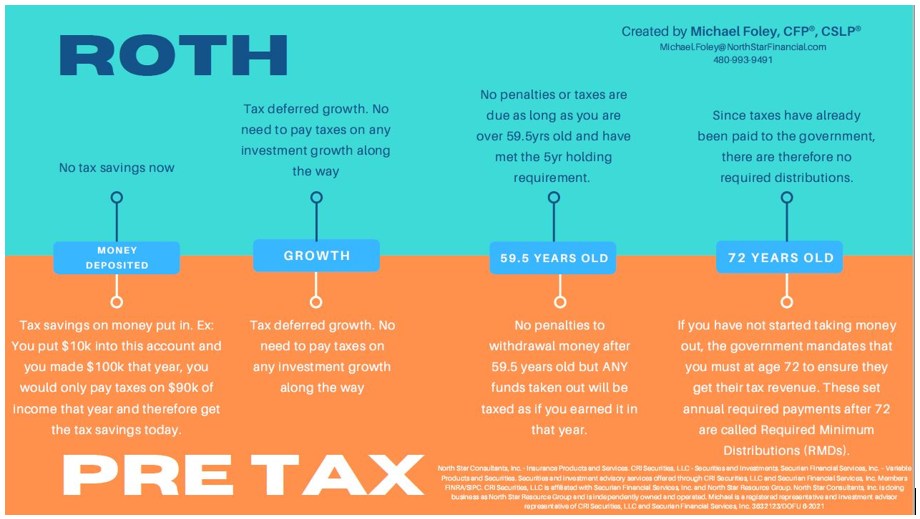How to get in touch if other questions come up?
· Michael.foley@northstarfinancial.com
· Can offer you a complimentary, no obligation, initial review and more in-depth financial consultations available for those who might have more in depth questions.
Michael is a comprehensive financial advisor who runs his practice out of Scottsdale, Arizona, under North Star Resource Group. Michael was trained at Duke University and holds his Certified Financial Planner designation alongside his Certified Student Loan Professional designation. Although Michael serves a diverse group of clients with their financial and student loan needs, with two physician parents, Michael has found a specialty in working with those in the healthcare space.
North Star Resource Group is independently owned and operated. 6720 N Scottsdale Rd Ste 290, Scottsdale, AZ 85253.
Separate from the financial plan and his role as financial planner, Michael may recommend the purchase of specific investment or insurance products or accounts. These product recommendations are not part of the financial plan and you are under no obligation to follow them. Financial Professionals do not provide specific tax/legal advice and this information should not be considered as such. You should always consult your tax/legal advisor regarding your own specific tax/legal situation.


